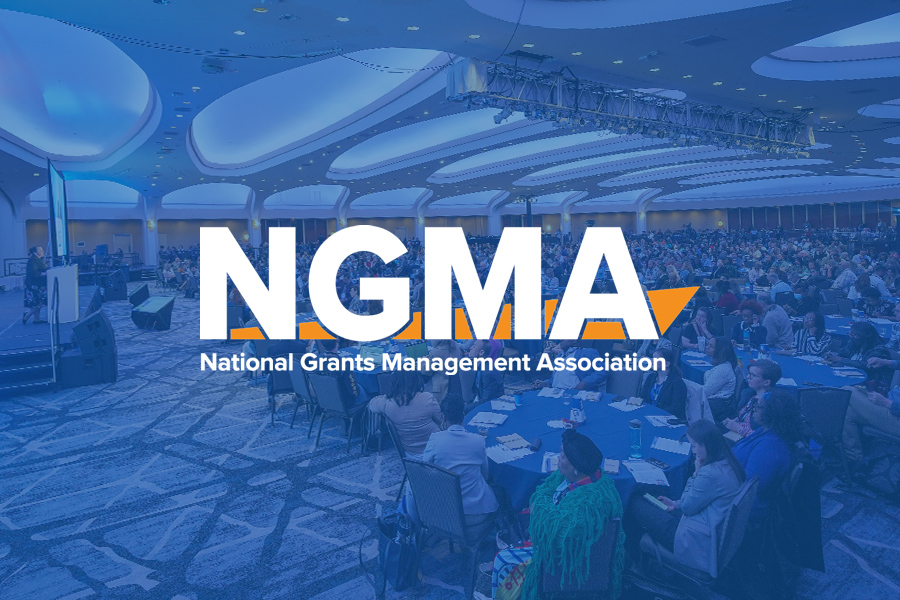As a grant management consultant, our daily work is broad and specific tasks will depend on the client’s needs and the project’s scope. We provide expertise and guidance to organizations or individuals throughout the grant lifecycle. Common tasks include:
- Providing technical assistance to clients to develop policies and procedures to guide how funds are managed, how applications are reviewed, how funds are allocated and how their performance is monitored.
- Monitoring performance to ensure that the funds are being used per the agreement and that the grantee meets the grant’s objectives.
- Conducting site visits to organizations to ensure that they are using the funds properly and to assess their progress in meeting the grant’s objectives.
- Staying up-to-date with relevant regulations and guidelines and ensure that the organization’s programs are in compliance.
- Providing training and support to grantee organizations to help them understand requirements and how to manage their programs.
- Project formulation: Assisting clients in defining the scope, objectives, and requirements of a project outlining the tasks, deliverables and resources needed for the project.
- Project planning: Developing detailed project plans, including the timeline, milestones, tasks, responsibilities and budget.
Your primary focus is ensuring that the organization’s programs are well-managed and that the funds are being used effectively to achieve the desired outcomes.
What Has Worked for Me
Setting realistic expectations is essential to achieving success as a grant management consultant.
- Before planning or executing a plan, you must define the client’s goal. I always ask my clients, “What do you want to achieve?”
- You must complete a realistic assessment. Consider what you can realistically accomplish with the skills, time and resources you have.
- Consider external factors that may affect your ability to achieve your goals, such as the availability of resources and unforeseen circumstances.
- You must recognize that your expectations may need to be adjusted as circumstances change. Flexibility is vital, and you must be willing to adapt your goals and expectations based on new information or changing circumstances.
- Maintain a positive attitude and focus on what you can do rather than what you can’t. Remember that setbacks are a normal part of the process, and use them as an opportunity to learn and grow.
By following these tips, you can set realistic expectations and increase your chances of achieving your goals.
What Hasn’t Worked for Me
Multitasking. While sometimes multitasking may be necessary, it’s essential to recognize the limitations of this approach and to focus on prioritizing tasks and working on one thing at a time whenever possible. This can help improve productivity, reduce stress and improve overall performance. Additionally, managing many tasks at once may lead to feeling overwhelmed and stressed, which leads to burnout and decreased job satisfaction.
Additional Tips
Being a grants management consultant can quickly make you feel overwhelmed. Below are more tips to help you succeed and achieve your grants management project goals:
- Break down your goal into smaller, more manageable steps. This can help you make progress toward your goal without feeling overwhelmed.
- Prioritize work and focus on essential tasks to meet your deadlines.
- Measure and track progress throughout the engagement.
- Communicate regularly with the client. Discuss progress and any challenges or issues.
- Be transparent about your qualifications, experience and approach to consulting. This includes being honest about your limitations and what you can realistically achieve for your clients.
Despite it being a challenging career path, the outcome of effective grants management consulting, whether indirectly or directly, can significantly impact the success and sustainability of grant-funded programs and the organizations and communities they serve, giving you a sense of purpose and meaningfulness in the work you perform.
Brian Perez is a Certified Grant Management Specialist (CGMS) and an engineer with experience in grant management with various federal programs. As a consultant, he assists clients in managing their grants effectively and in accordance with the 2 CFR 200 and applicable regulations.

